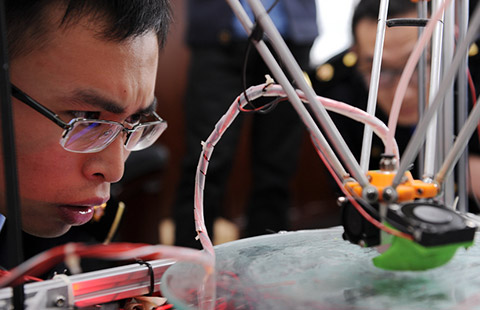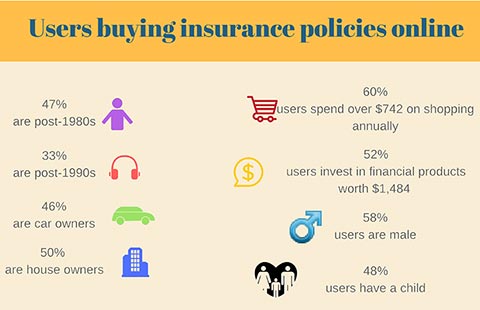Govt strives to stop spread of financial risks
The Chinese government is making efforts to separate soured loans at local level from national debt disposal to prevent regional financial risks from spilling over.
But analysts said the effectiveness of the measures would be limited without reasonable fiscal arrangements.
Reuters reported on Monday that the Ministry of Finance and the China Banking Regulatory Commission had jointly issued a circular to restrict provincial asset management companies from buying non-performing loans from major State banks.
Instead, regional asset management firms may only buy bad assets from regional financial institutions that do not have nationwide business.
"Asset management companies established or authorized by provincial governments, autonomous regions and municipalities directly under the central government will be allowed to purchase the non-performing assets of financial companies in the local area," it cited a source close to the ministry as saying.
The four big asset management companies - Huarong, Cinda, Great Wall and Orient Asset Management Corp - will buy the national financial institutions' non-performing assets, it said.
Last February, the ministry and the commission allowed provincial governments to set up such companies to deal with bad loans at local level, but didn't specify whether the loans from nationwide banks would make a difference.
The ministry and the commission declined to comment on the Reuters report.
Liu Yuhui, director of the financial lab at the Chinese Academy of Social Sciences, doubted whether local governments could find a solid capital channel to establish regional asset management firms.
"Local lenders such as urban commercial banks account for less than 10 percent of the total market," he added.
But Liu said that the government may still have to turn to the old mode of using asset management firms to strip bad assets off the lenders, as actual local government debt in the financial system would be somewhere between 13 trillion and 14 trillion yuan ($2 trillion and $2.2 trillion), with interest rates to be paid each year standing at 700 billion to 800 billion yuan.
"The government must set some tough fiscal constraints in line with the budget, otherwise liabilities will continue to rise," said Liu.
Zhao Quanhou, head of financial research with the Fiscal Science Research Center, which is affiliated to the ministry, said the total amount of local government-related NPLs is growing, although the percentage may not have changed.
The amount of local government debt stood at 10.7 trillion yuan at the beginning of 2011, according to official statistics.
But setting up new asset management firms at local level is probably not a good idea, because it will result in institutional redundancy and low efficiency, as their activities will be restricted to a designated area, Zhao said.
Instead, market-oriented reform of current asset management companies should be promoted, and local governments should increase their cooperation with the national asset companies, he said.
"This will not only improve the liquidity of the assets on a national level, but also help such companies to further mitigate their too close connections with the commercial bank which they were assigned to buy NPLs from."
China set up four big asset management companies in 1999 to remove an estimated 1.4 trillion yuan in sour loans from its four largest State-owned banks, backed by Chinese treasury bonds valid for 10 years. In 2010 the terms were renewed for another 10 years.
It's a good time for buyers to consider purchasing lenders' bad assets, as their NPLs increase and profitability faces challenges against a backdrop of interest rate liberalization, said Mei Xingbao, former president of China Orient Asset Management Corp.
By the end of 2012, Chinese lenders' NPL ratio stood at 0.98 percent, up 0.03 percentage points from the third quarter, according to data from the China Banking Regulatory Commission.
From July to September, outstanding soured loans rose by 22.4 billion yuan to 478.8 billion yuan.
Bad assets are very attractive, but it is not easy for investors to purchase them directly, Mei said.
"Many lenders tend to use their own profits to write off bad debts, or sell their shares at a much higher price to specific institutions."
Contact the writers at wangxiaotian@chinadaily.com.cn and weitian@chinadaily.com.cn























